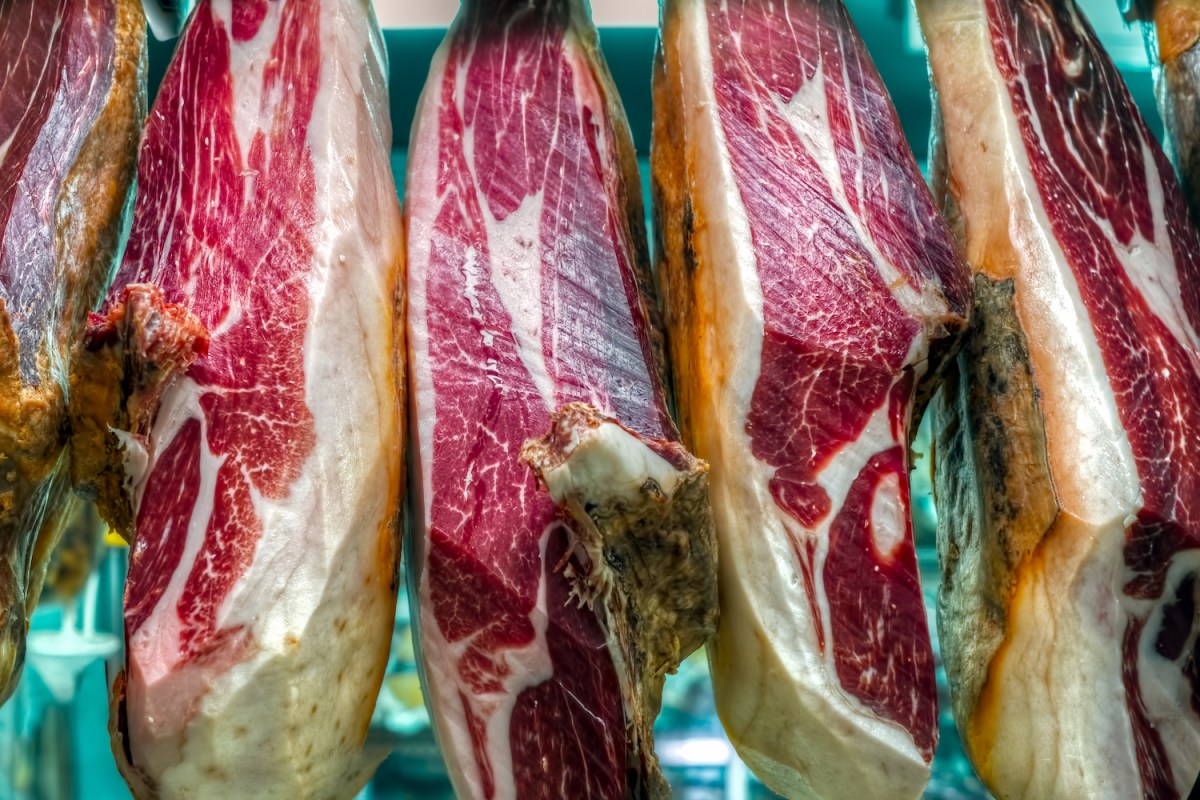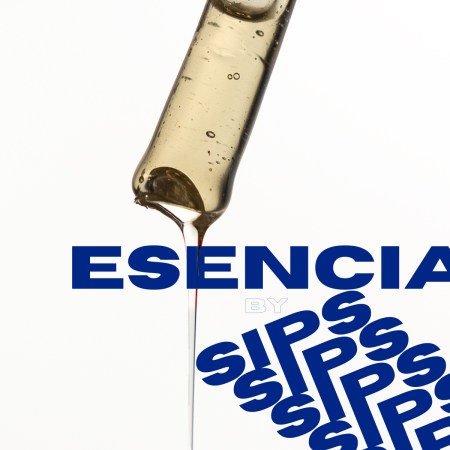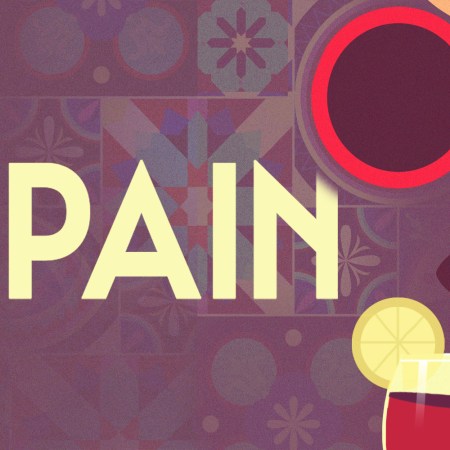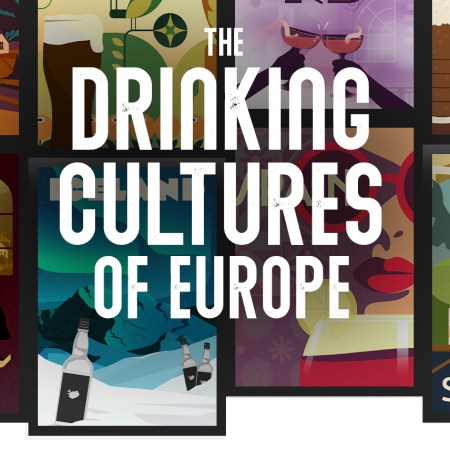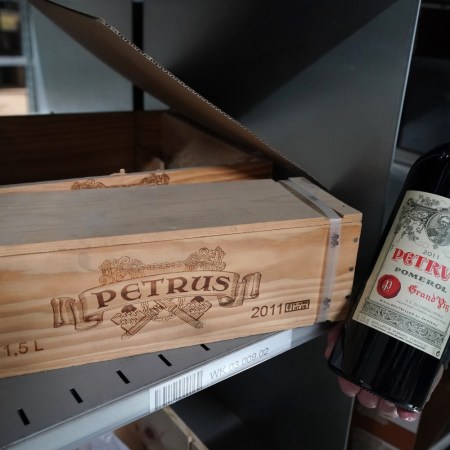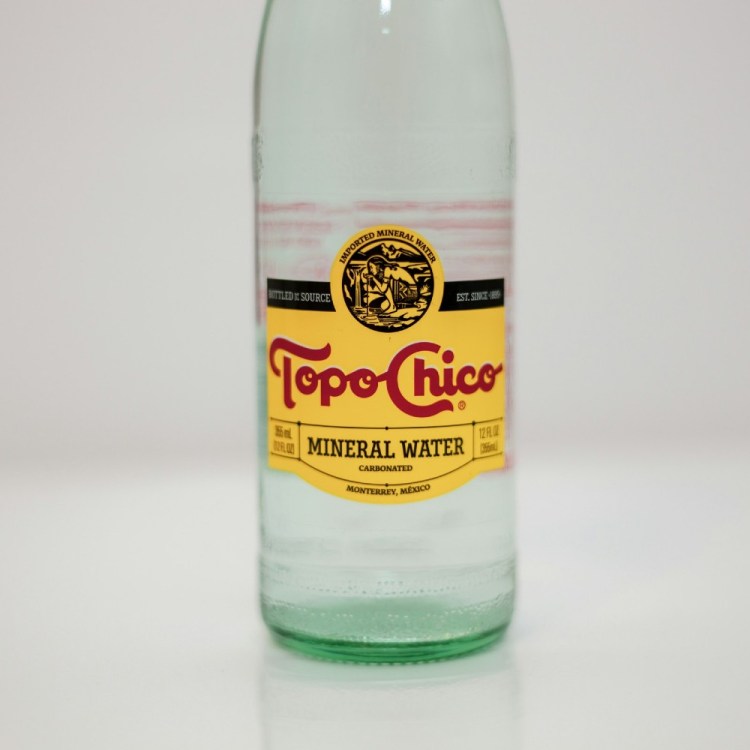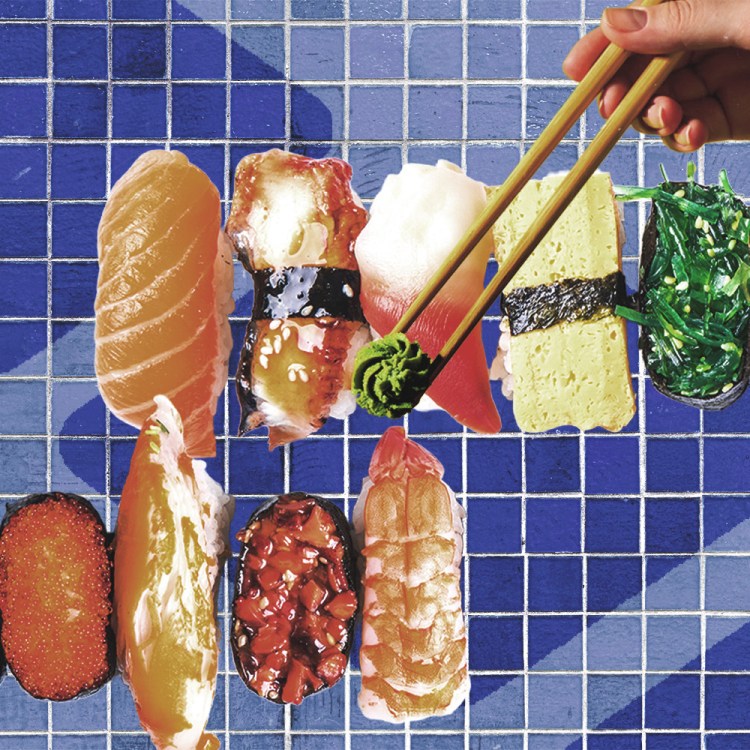If you’re a fan of jamón ibérico, the succulent cured meat from Spain, it could be a sad day for your charcuterie board in the future. According to The Guardian, low rainfall and unusually hot temperatures are threatening a key ingredient in the diet of blackfoot pigs, which are exclusively used to make jamón ibérico. During the final month of their lives, the pigs roam in the oak forests (dehesa) native to west and northwest Spain, feasting on bellotas, or acorns. But hotter, drier summers mean the oaks are producing fewer acorns.
“The dehesa is made up of holm oaks that are native to damp climates so it’s a relic of when the climate here was different from now,” Francisco Espárrago, the president of Señorio de Montanera, told The Guardian. “The trees struggle to survive the long, hot and dry summers we’re having now.”
In Extremadura, one of four Spanish regions that produce jamón ibérico under the official denominación de origen designation, rainfall has fallen by about 35% during the last 50 years. Spain in general had the hottest year on record and the third driest in 2022, which is obviously concerning for more than just our beloved jamón.
In addition to climate woes, jamón ibérico has also experienced a drop in market price. The very best of the cured meat is produced in some of the country’s poorest areas and is an essential component of those regional economies, employing thousands of people across Spain. Although the government allows farmers to import acorns, some farmers fear that could introduce new diseases to the pigs, creating even more of a problem.
Every Thursday, our resident experts see to it that you’re up to date on the latest from the world of drinks. Trend reports, bottle reviews, cocktail recipes and more. Sign up for THE SPILL now.
